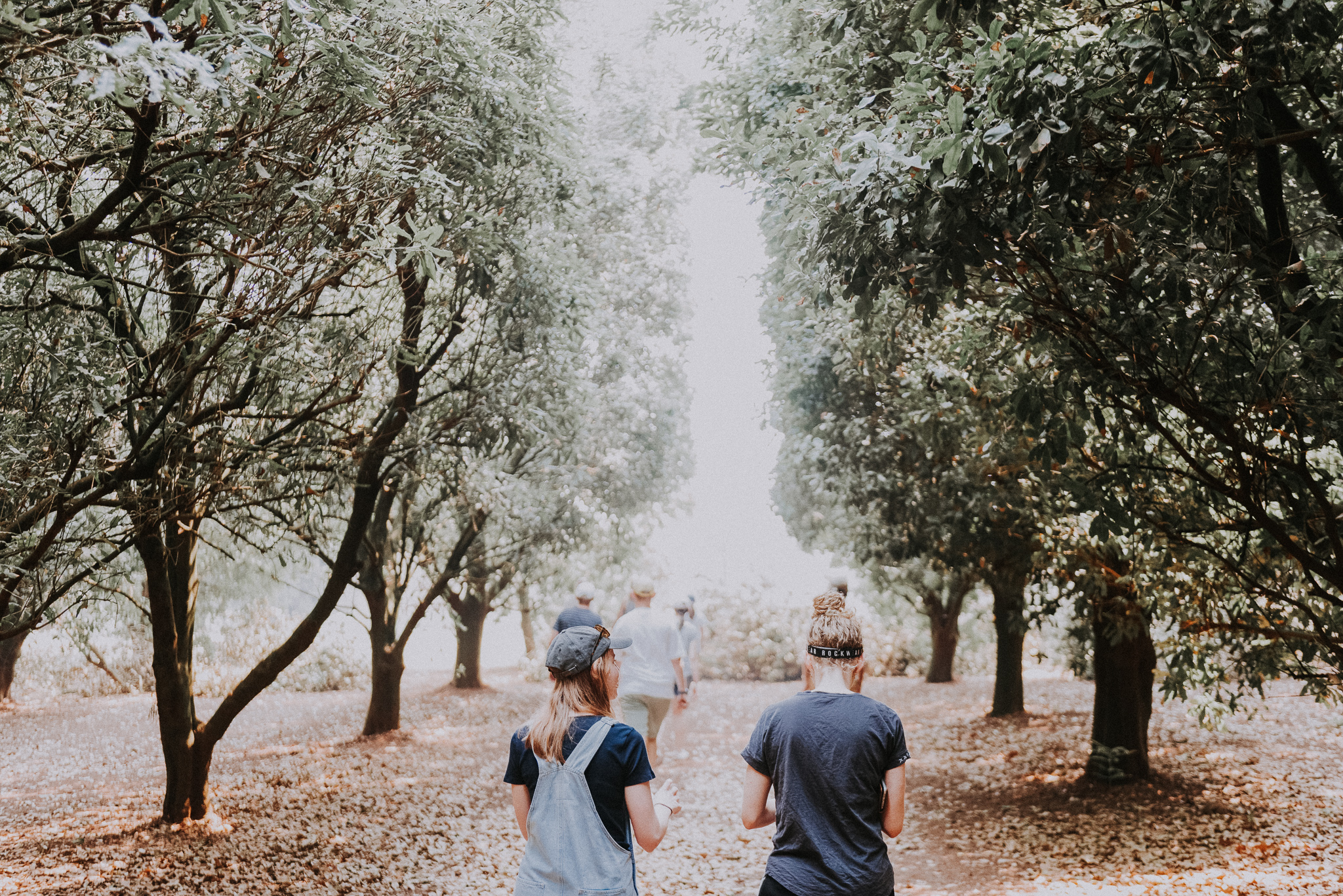
Anxiety Under Restrictions
Life in lockdown
Physical restrictions, like the ones we’ve experienced recently, have meant a great deal of change in our normal, daily routines. This change can significantly mess with our sense of control and autonomy. In our case, instead of being able to travel to school, the office, or church, these activities have all been happening in the confines of our homes.
Words: Read: 0 - 5 mins Published: 15 May 2020
Restrictions have meant that we didn’t have the usual boundaries that ended one activity and started another. Traditionally, our brains compartmentalise mentally where we need to be and what we do in certain times and places. Yet, suddenly it has all happened in the same space, and sometimes with all three roles together at once: teacher, parent and spiritual guide! Who said this was OKAY?! I don’t think there are enough emojis to describe the various emotions that we have all been experiencing!
When we feel anxious, it’s a reaction to try to control something that feels out of control. Anxiety is actually very restrictive: it keeps us in one spot; it keeps our minds focused on one or two things when normally we would feel able to multitask. It creates a conflict within us and, although we tell our bodies to do this or that, the rest of our being, at a subconscious level, needs to catch up. Yet for our current COVID-19 situation, we were not given a lot of adjustment time to suddenly become the leader in all these other roles. Zoom meetings became a daily focus and family meals became even more important connection times because there was no one else to speak to one-on-one, for those of us fortunate enough to live with other people.
Our bodies were not given the daily hormone kicks of hugs, and our brains were not getting the stimulation of actual face-to-face contact. Communication became stilted and frustrated as mics were turned on and off, meetings were ended abruptly with the last thing you saw being awkward shots of people’s faces. You may have even found that you were dragging yourself to the online meeting, even though you had no traffic to navigate, wondering what was wrong with you and why you don’t even want to leave the house!
It can all, in one way or another, be an anxious or traumatic response to the way your personal world has shifted. After 9/11, psychologists said our awareness of terror went up exponentially. As we can so easily see, security around the globe is a very present reality. But what has happened to you? On the one hand, Governments made decisions we had no real say in; we probably agreed with what happened here but nevertheless, our autonomy was impacted.
Our kids couldn’t go to school and we had to do schooling with them. Some of us know this is not our sweet spot and it added pressure to an already-intense environment: working from home and trying to find privacy to have calls and time to think. The coffee break where you could catch up with a colleague or have a quick debrief disappeared and you were faced with having to plan a spontaneous chat! Your spouse wanted to know where something was when you are in the middle of a call, and not being able to just go to normal things like church is baffling! All these things have intensified and limited our space in physical, psychological, and spiritual ways.
Jesus knew what it was to feel the most extreme anxiety. In the garden of Gethsemane, He sweated blood! Can you imagine what the body was doing to provoke such a reaction?! We have not experienced that, although some of you may feel you’ve been close to it and spilled some psychological blood. When Jesus physically died, he went through a very restrictive process: on a cross, fully aware of what was happening, finally to the point where He cried out, “why have you forsaken me?” That is anxiety.
Maybe you have wondered that same thing; not quite in those words or tone, but a hint of it here and there. Yet, because of what Jesus did on that cross for us, we can still have hope in this environment we find ourselves in today. We know that God is present and that good things can come out of bad. People are re-evaluating what they will appreciate when this passes: meeting up with friends, meals together, family relationships, the lessened impact on our planet as cars and planes have been grounded. As we continue going through this, we can be aware it will pass.
But our headspace may not be the same again as we reassess what we lost and what we gained. As we rethink how we went through this time, did we maintain our sense of peace and presence? When we lost it, did we hang on to God being good even if we felt we were not doing so good? He knows us and does not condemn us. C.S Lewis said that God whispers to us in our pleasure and shouts to us in our pain; He listens to it all and neither faze Him. Surely, that it itself is good news!
Our anxiety does not worry Him even if it does us. We can recognise it for what it is and acknowledge it and then move forward. Here is one strategy to try: acknowledge the wonderings, the questions, the feelings, the ebb and flow of feeling good and feeling not so good, tensions and highs. Talk about it with a friend. We are not static beings and remembering as much is helpful to us and gives us more empathy towards others. Our frustrated longings to be able to move into social spaces and into the community with one another will hopefully ease, and we look forward to that with anticipation.
If you’d like to pray with a Pastor or chat about anything, simply call us on 3378 3595 or email church@riverlifechurch.org.au
